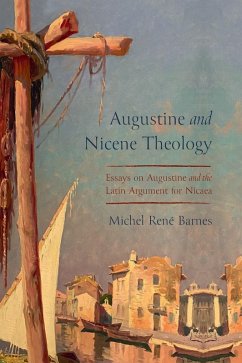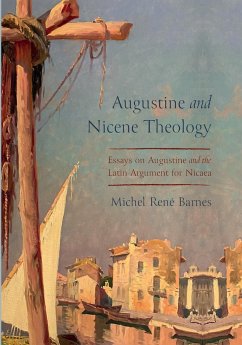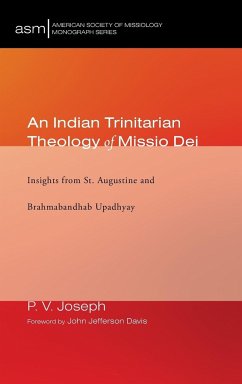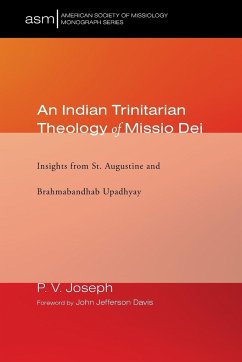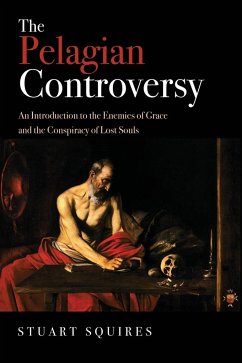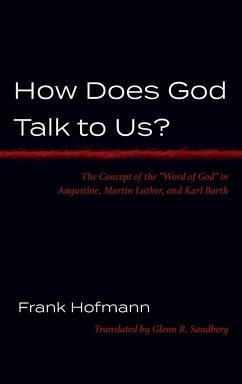This book draws together a collection of thirteen published and unpublished articles which together constitute a new reading of the character and development of Latin Trinitarian theology in the fourth and fifth centuries. The focus of the essays is on Augustine of Hippo (354-430 CE), but Augustine is treated here as an inheritor of earlier Latin tradition. Many of the figures of that tradition here receive a new interpretation--particularly Marius Victorinus. Augustine himself is explored from many angles; at every turn the developments in his theology are shown to be a response to the anti-Nicene theologies of the period. The beginning of the book discusses the manner in which modern ""systematic"" theology has engaged Augustine only through a simplified version of late-nineteenth-century categories. In conclusion, the broader question of how far modern theology can actually engage Patristic theology is explored at length.
Hinweis: Dieser Artikel kann nur an eine deutsche Lieferadresse ausgeliefert werden.
Hinweis: Dieser Artikel kann nur an eine deutsche Lieferadresse ausgeliefert werden.

